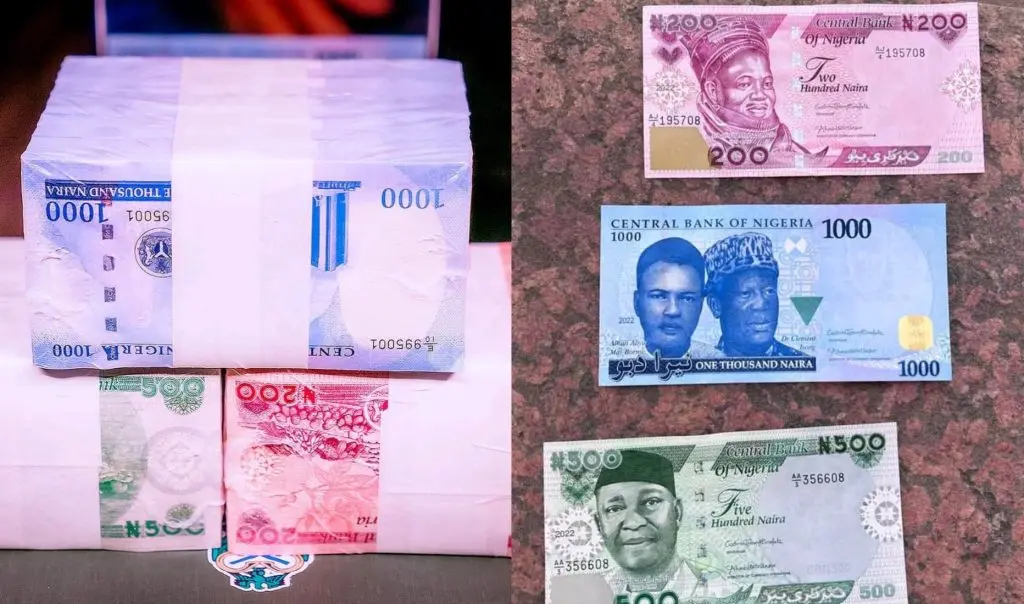The removal of subsidy on Premium Motor Spirit, popularly called petrol, pushed up the statutory revenue allocations from the Federation Account that was shared by the three tiers of government in 2023 to N10.14tn.
Data released on Tuesday by the Nigeria Extractive Industries Transparency Initiative in its latest report on the Federation Account revenue allocations for the year 2023, showed that the amount shared by the federal, state and local governments increased by N1.93tn last year, when compared to what they got in 2022.
NEITI attributed this increase to the removal of subsidy on petrol by President Bola Tinubu in May 2023, when he declared during his inaugural address on May 29, 2023 that fuel subsidy was gone.
Tinubu’s declaration was immediately implemented by the Nigerian National Petroleum Company Limited the next day, as petrol price jumped from N198/litre to about N500/litre.
The cost of the commodity moved up again within a month to N617/litre at filling stations operated by NNPCL, while other marketers dispense the product at between N660 and N700/litre depending on the area of purchase.
Commenting on the latest report, NEITI’s Executive Secretary, Dr Ogbonnaya Orji, who announced the release of the report at the NEITI House, Abuja, said that the agency embarked on the NEITI FAAC Quarterly Review to enhance public understanding of Federation Account allocations and disbursements as published by government.
“The ultimate objective of this disclosure is to strengthen knowledge, awareness and promote public accountability of all institutions in public finance management,” Orji explained.
A breakdown of the revenue receipts showed that the Federal Government received N3.99tn, representing 39.37 per cent of the total allocation.
The 36 states got N3.585tn representing 35.34 per cent, while the 774 Local Government councils of the Federation shared N2.56tn equivalent to 25.28 per cent.
A further analysis of the N10.143tn disbursements in 2023 showed an increase of N1.934tn or 23.56 per cent when compared to the disbursement of N8.209tn shared in the preceding year of 2022.
The review attributed the increase to improved revenue remittances to the Federation Account due to the removal of petrol subsidy and the floating of the exchange rate by the new administration.
The report highlighted that while total revenues distributed from the Federation Account recorded an overall increase of 23.56 per cent in 2023, the increase accruing to each tier of government varied, largely due to the type of the revenue streams contributing to the inflows into the Federation Account.
The NEITI Quarterly Review of 2023 FAAC allocations disclosed that the federal, states and local governments cumulatively received N1.934tn more than the amount shared in 2022.
The first quarter of 2023 increased by N579.71bn (33.19 per cent) when compared to the first quarter of 2022. The second quarter increased 10.32 per cent, third quarter by 27.49 per cent, while the fourth quarter had an increase of 23.42 per cent.
The Federal Government’s share increased by N574.21bn (16.79 per cent) from the N3.42tn it received in 2022 to N3.99tn in 2023.
The state governments shared N3.59tn in 2023 compared to the N2.76tn they got in 2022, showing an increase of 29.99 per cent. Similarly, Local Government councils’ share of federation allocation was N2.57tn in 2023 compared to N2.032tn in the 2022, which amounts to a 26.22 per cent increase.
While total distributed revenue from the Federation Account recorded an overall increase of 23.56 per cent in 2023, the increase accruing to each tier of government varied, largely due to the type of revenue item contributing to the inflows into the Federation Account.
In the same period (2023), states and Local Governments recorded increases in their allocations by 29.99 per cent and 26.22 per cent respectively. The increase in allocation to the Federal Government, however, was 16.79 per cent
State by state share of the allocations showed that Delta State received the largest share of N402.26bn (gross). The figure is inclusive of the state’s share of oil and gas derivation revenue.
SOURCE: PUNCHNG


